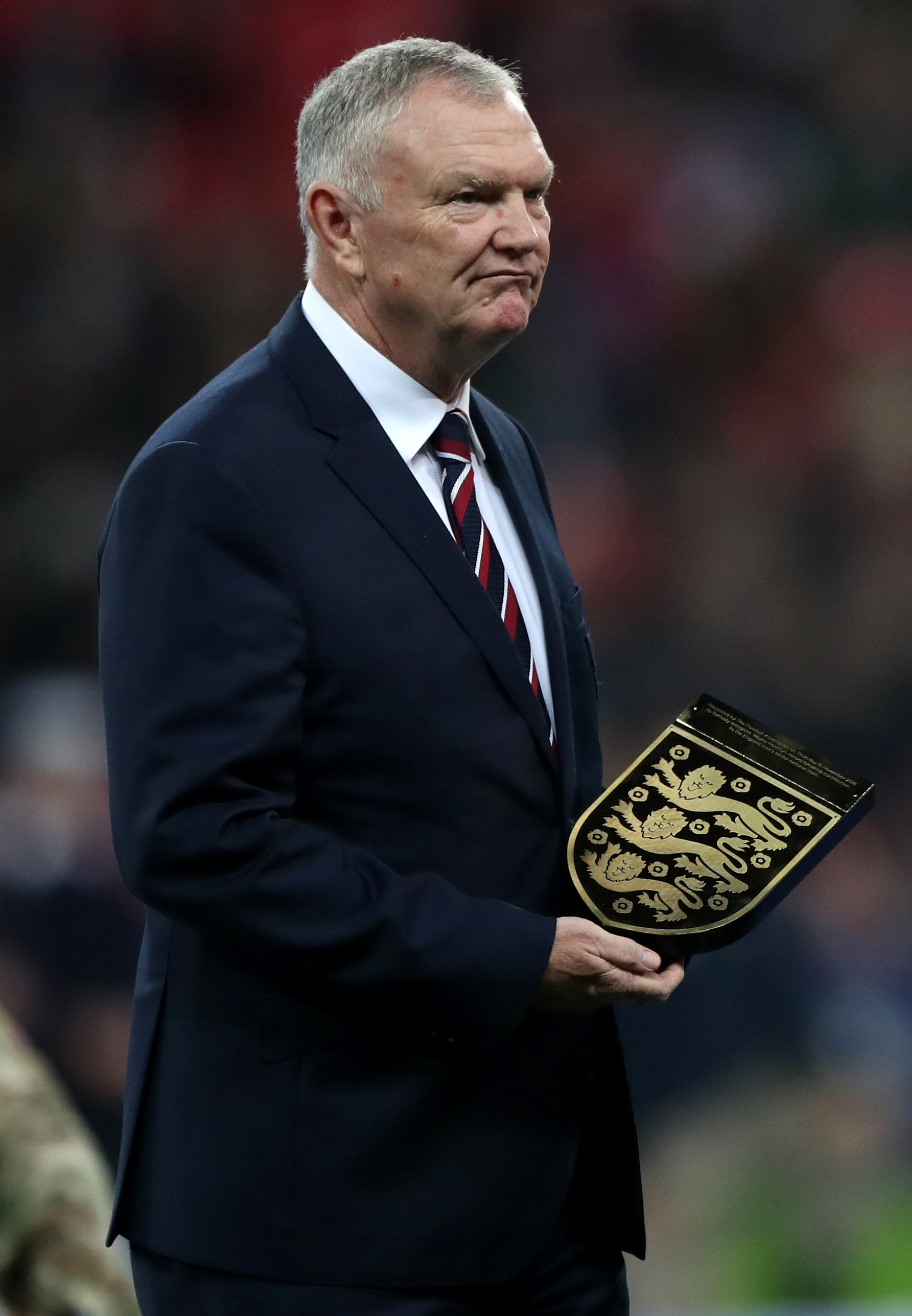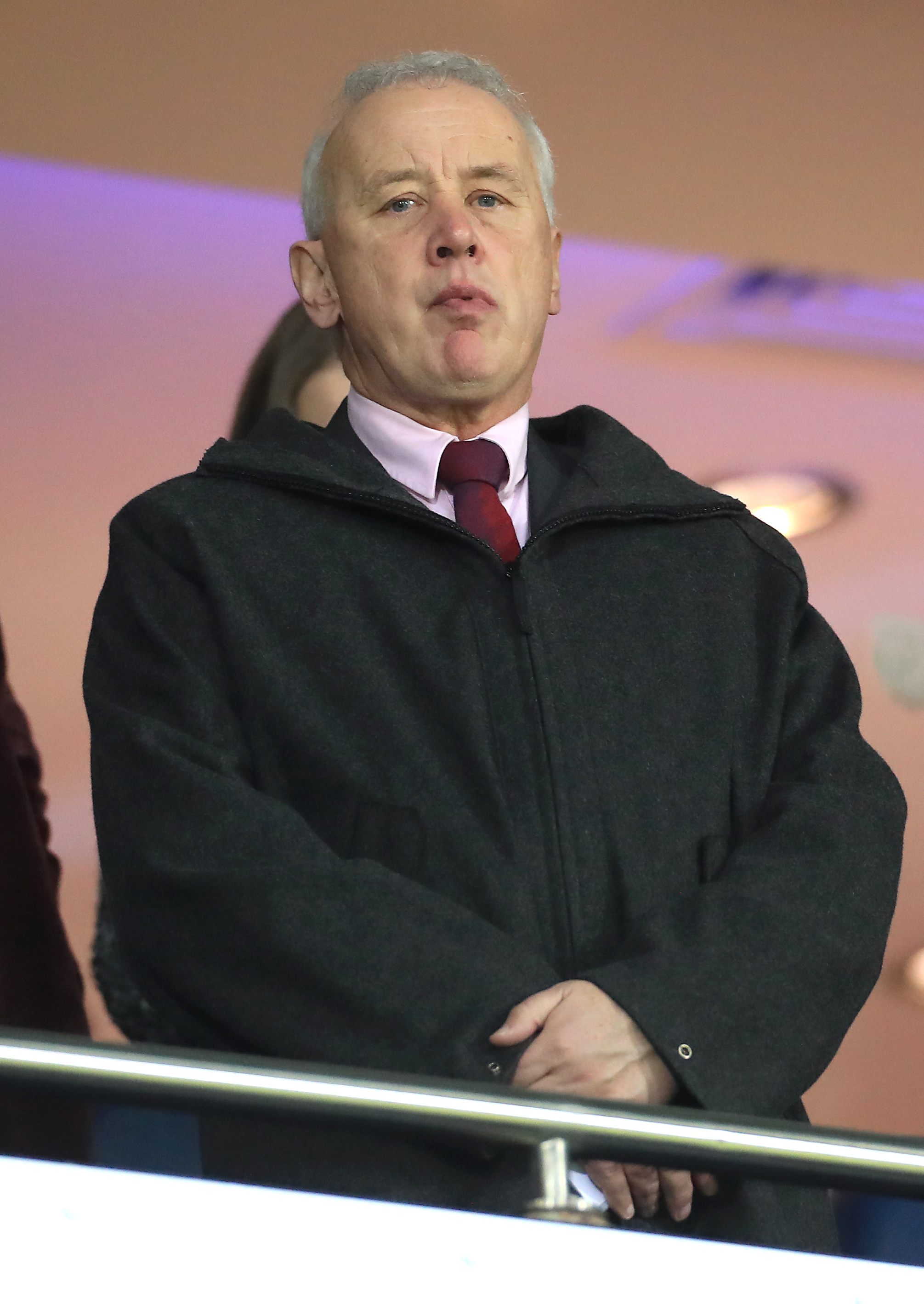Premier League clubs to discuss Project Big Picture amid ‘threat’ of breakaway

Premier League clubs will hold a shareholders’ meeting on Wednesday, amid claims from Football Association chairman Greg Clarke that a breakaway from the top flight was wielded “as a threat” during talks over Project Big Picture.
The proposed plan envisages vast changes to the infrastructure of the game in England, including a reduction to 18 Premier League teams, the end of the Carabao Cup, controversial changes to voting rights and a sizeable financial settlement for the EFL.
Representatives of the 20 Premier League clubs will have the chance to debate the issue in the open for the first time during a virtual get-together which comes against the backdrop of an eye-catching intervention from Clarke.
The @FA Chairman, Greg Clarke, has written to The FA Council members ahead of their October meeting. Full letter: https://t.co/pMVZkSb7Cp. pic.twitter.com/FlCmoVSkl0— FA Spokesperson (@FAspokesperson) October 13, 2020
In a letter to the FA Council, which convenes on Thursday, he said he had taken part in initial discussions before walking away when he felt the aim had become “the concentration of power and wealth in the hands of a few clubs, with a breakaway league mooted as a threat”.
He added: “I, of course, discontinued my involvement and counselled a more consensus-based approach involving all Premier League clubs and its chair and CEO. Our game needs to continually seek to improve but benefits need to be shared.”
Clarke warned that the FA could use its so-called ‘golden share’ as a trump card if it felt the wider interests of the game were being compromised and suggested any breakaway competition would not receive the necessary sanctions from the governing body.
“We, the FA Board and Council, have to ensure that any changes would be to the long-term benefit of the whole of football and we have substantial controls to help ensure that the best interests of the game are served by any new proposals,” he said.
Get FourFourTwo Newsletter
The best features, fun and footballing quizzes, straight to your inbox every week.
“Change must benefit clubs, fans and players, not just selective balance sheets. In these difficult times unity, transparency and common purpose must override the interests of the few.”
The plans have also been championed by EFL chairman Rick Parry, with teams in the Championship, League One and League Two in line to receive £250million up front alongside a promise of a handsomely increased 25 per cent share of future Premier League broadcast revenue.

Support among the 72 EFL clubs appeared to be soaring after separate divisional meetings helmed by Parry on Tuesday, though his moves have reportedly been considerably less well received by a majority of Premier League clubs outside the elite names.
Former Leeds chairman Peter Ridsdale, representing Preston, said there were “no dissenting voices” in the Championship call, Burton Albion chief executive Jez Moxey described League One support as “unanimous” and Leyton Orient chairman Nigel Travis said excitement about the plans was “overwhelming”.
Lincoln chairman Clive Nates challenged Moxey’s claim about unanimous League One support, tweeting: “Was he asleep when I expressed my grave concerns at the meeting over this diabolical power grab. I am vehemently against this deal in it’s present form. The acceptance of this deal without question by so many clubs is deeply concerning.”
Ridsdale sounded a note of caution about the motives of those driving the changes but felt the offer of assistance was too important to overlook given the financial backdrop.
“Is it a concern? 100 per cent it is. Do I trust them? No I don’t. However, the Football League has got a unique opportunity if this remains on the table to perhaps protect the Football League in the long term,” he said.
The Football Supporters’ Association have taken an altogether more skeptical view, deeming PBP a “sugar-coated cyanide pill offered up by billionaire owners who do not understand or care about our football culture”.
A joint statement from supporters’ groups representing Liverpool, Manchester United, Manchester City, Tottenham, Arsenal and Chelsea followed, in which all six made clear their opposition to the initiative in its current form.
